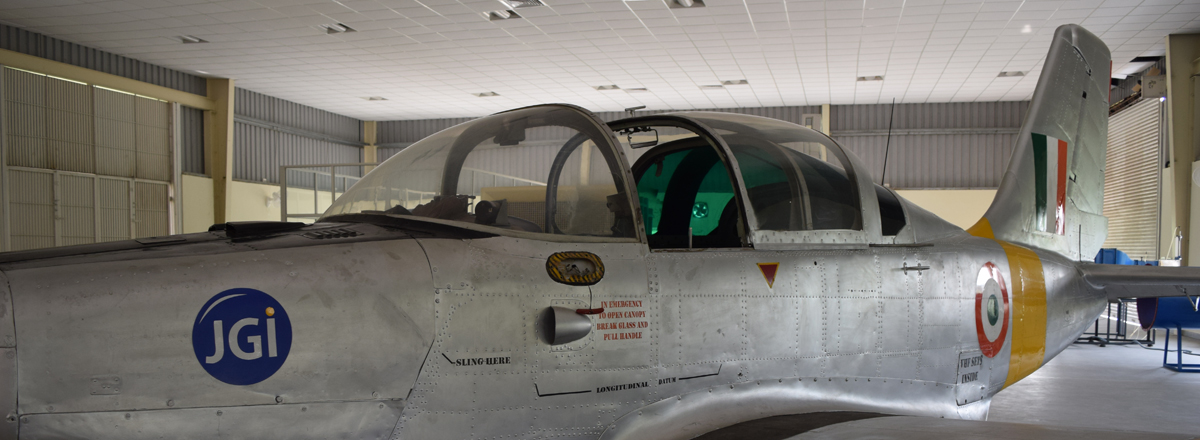Research Projects




A comprehensive, systematic & in-depth study of each factor associated with materials & sources to establish facts and reach new conclusions by collecting all present and historical data is termed as RESEARCH. Research is pervasive in nature and it can be done to explore new facts, authenticate important facts, examine an event or any process to know its cause & effect relationship and develop new tools & theories for scientific challenges.
JAIN (Deemed-to-be University) Faculty of Engineering & Technology’s goal is to initiate research, and creative brainstorming, so that the stock of knowledge can be used to devise new applications. JU-FET is intensely involved in the multifaceted research domains through academic-industry partnerships. Research & Development activities have been going on within different departments in the areas of Design & Manufacturing, Study of Rare Earth Elements, Floor Planning in VLSI, and so on.